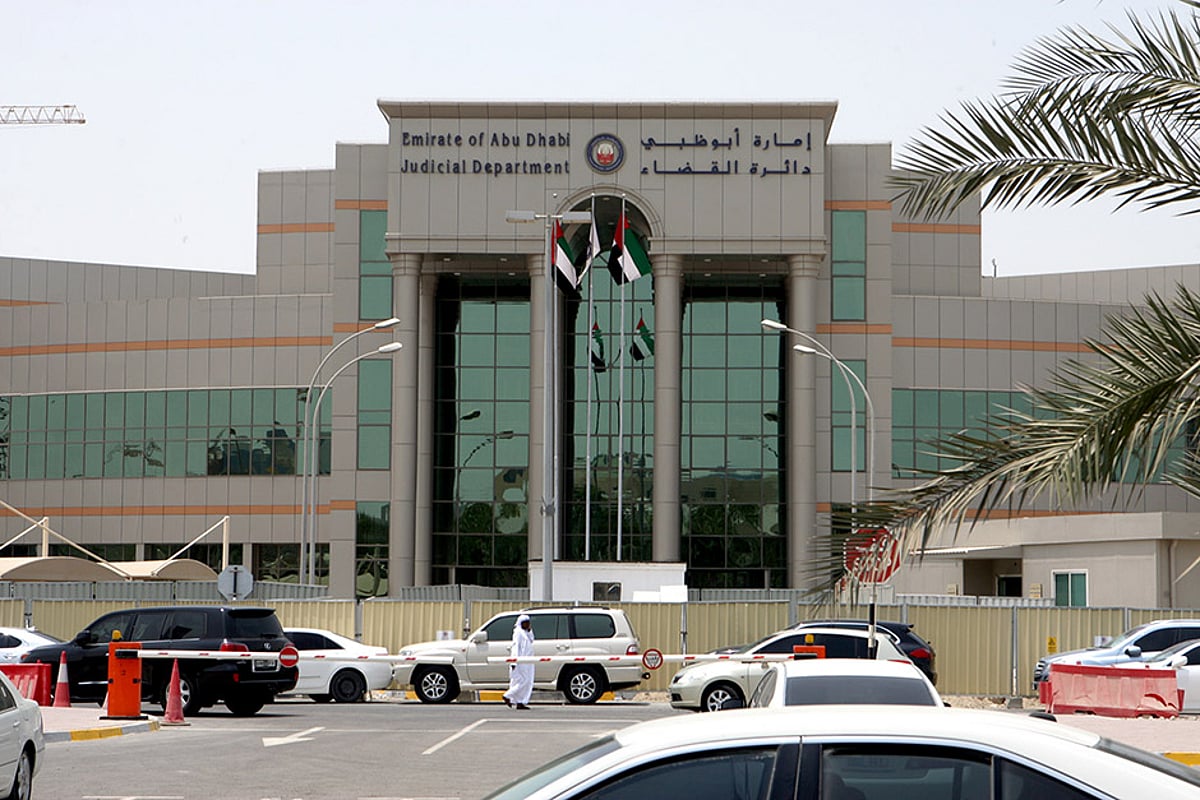Court Orders Ex-Employee to Repay Mistaken Transfer
A recent ruling by the Abu Dhabi Civil Family Court has highlighted the importance of financial accountability in employment relationships. The court mandated a former employee to return Dh23,586 that was mistakenly deposited into his account two years after his departure from the company. This case underscores the legal implications of erroneous financial transactions.
Case Background
The dispute arose when the former employer filed a lawsuit against the ex-employee, seeking the return of the mistakenly transferred funds along with legal interest, court costs, and attorney’s fees. The employer asserted that the transfer was an error, while the defendant denied any wrongdoing and requested the dismissal of the claim.
During the court proceedings, the employer was required to take an oath affirming that the transfer of Dh23,586 was indeed a mistake and that the defendant had no legitimate claim to the funds. The court sought clarity on the matter, leading to the involvement of an expert banking report.
Expert Findings
The banking report confirmed that the funds had been transferred to the defendant’s account. Notably, the next day, a significant portion of the amount—Dh23,554—was withdrawn, although the method of withdrawal was not detailed in the bank statements. The report further indicated that the employer had the defendant’s account saved as a beneficiary in his banking app and had re-sent the same amount to the correct recipient on the same day, reinforcing his claim of an error.
The expert analysis found no evidence of a continuing business relationship between the parties or any documented justification for the transfer. Additionally, there was no proof that the defendant had returned the funds.
Court’s Decision
Based on the evidence presented, the court concluded that the transfer was indeed a mistake, making the defendant liable for the repayment. Consequently, the court ordered the former employee to return the full amount of Dh23,586, along with the associated legal costs and fees, while dismissing all other claims made by the employer.
FAQs
What was the reason for the court case?
The case arose from a mistaken transfer of Dh23,586 into a former employee’s account, which the employer sought to recover after the employee refused to return the funds.
How did the court determine the transfer was a mistake?
The court relied on an expert banking report that confirmed the funds were transferred erroneously and that there was no evidence of a legitimate reason for the transfer or repayment.
What are the consequences for the former employee?
The court ordered the former employee to repay the full amount of Dh23,586, along with legal costs and fees, due to the mistaken transfer.
Conclusion
This ruling serves as a reminder of the legal responsibilities surrounding financial transactions, particularly in employment contexts. The court’s decision reinforces the necessity for clear documentation and communication in financial dealings to prevent similar disputes in the future.
The case reflects broader issues related to financial oversight and the responsibilities of both employers and employees in managing monetary transactions. In the context of employment, companies are often required to maintain accurate financial records and ensure that payroll and other payments are processed correctly. This incident serves as a cautionary tale for organizations to implement robust checks and balances to minimize the risk of errors that could lead to costly legal disputes.
Moreover, the ruling emphasizes the importance of understanding the legal framework surrounding financial transactions. In many jurisdictions, the law supports the recovery of funds transferred in error, highlighting the principle that individuals should not benefit from mistakes made by others. This principle is particularly relevant in employment relationships, where trust and accountability are paramount. As such, both parties are encouraged to engage in transparent communication regarding financial matters to prevent misunderstandings and potential litigation.
As financial transactions become increasingly digital, the reliance on banking technology raises additional considerations regarding security and accuracy. Employers must ensure that their financial systems are secure and that employees are trained to recognize and report discrepancies. This case serves as a reminder that vigilance in financial practices is essential to protect both the interests of the employer and the rights of the employee.
Also Read:
Abu Dhabi’s Zayed Airport Introduces Digital Wallet for Trav







